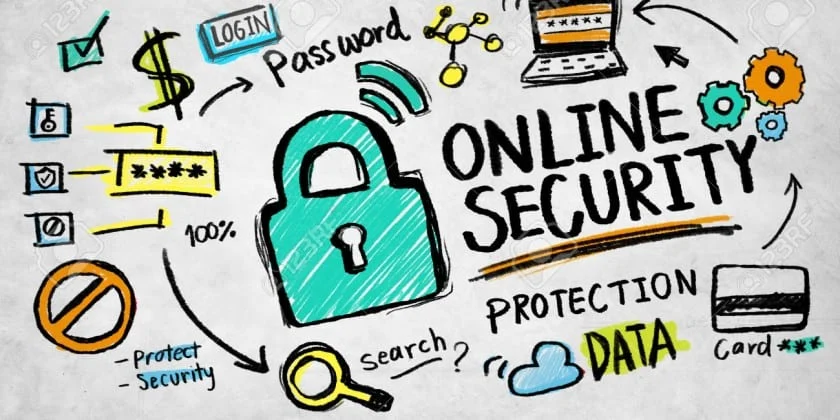- Md Fetrihy Hasan
- VIII - B - BM-MS

Introduction
The term “Internet safety” encompasses a set of troubles which can be, both at once or indirectly, related to the physical and psychological well-being of Internet users. Also referred to as “online safety,” “virtual safety,” or “e-safety” this idea is associated both with the dangers people face on-line and with the methods they can guard themselves in opposition to the one’s dangers. A big frame of studies inside this area is dedicated to the safety of children and adolescents. One reason for this specific focus is the fact that young people and children are the most active Internet users. Being online offers them a whole range of opportunities, but at the same time this may confront them with several risks.
Despite the very significant number of studies that have been carried out concerning those risks, enhancing children’s Internet safety remains a challenge. In part, that is due to the fact definitions of phrases and classes applicable to online protection (such as “cyber bullying”) frequently vary, making the assessment of information and findings amongst sources imprecise.
Internet Safety in Bangladesh
From the last one- or two-decade children in Bangladesh are highly active in online world. There are many advantages of this connecting online world. But these advantages came with some risks and threats also which can be extremely harmful for our children’s physical and psychological development. This paper shows that what and how we can ensure the safety of our children from cyber-bullying, online sexual harassment, addiction to mobile games and many other types of abuse. From 2020 as the pandemic break out and children could not go to school, they become more and more dependent on the online platform.
Expecting benefits of Internet safety for Children
The Internet changes the industry, business, economy, and way of communication as well as education system. The Internet is a great help for both teenagers and adults. With the help of the internet, they can invent something new. By using the internet, they can do their educational work like assignments, reports and can contact their classmates, also other friends and relatives and play several online games for entertainment.
Challenges of Internet Safety for Children
It seems to be difficult for parents of those who are service holders. First, parents must be aware of the internet before teaching their kids about internet safety. They have firm belief that their children are learning this Internet safely in schools. Some of the reputed schools are eventually teaching them that but if we consider Bangladesh’s Government School, most of the teachers are not aware of this internet threat so that they are not dedicatedly teaching Internet safety to children which is a risk. The Internet has become so available that it may lead children to many problems they are unaware of. So, the Government should also check out this matter and give one day Workshop in schools.
Necessary Steps that we can take for Internet Safety of our Children.
Wi-Fi router parental control such as data usage limit. We can block websites that are on the list of suspects or that are harmful to children.
Allow kids to use the “YouTube for Kids” app for YouTube. Because there are many videos on YouTube that can be emotionally damaging to children.
Check children browsing history every day.
Parents should try to spend more time with children and make them understand about cyber bullying and harassment.
Teachers should be strict and give some punishment to those who are doing this harassment in online classes.
Conclusion
To conclude, it is confirmed that the Internet brings both new openings and challenges as well. Nevertheless, there is no unmixed good in this universe. The effective influence of the Internet on the lives of teenagers for the duration of the world will continue to grow and evolve. In today’s age of information technology, providing online security to children is of utmost importance. And parents play the biggest role in providing this security. So, they should follow up on the child’s online activities, be friendly with him, and fix the amount of time he spends on the computer or the internet.

